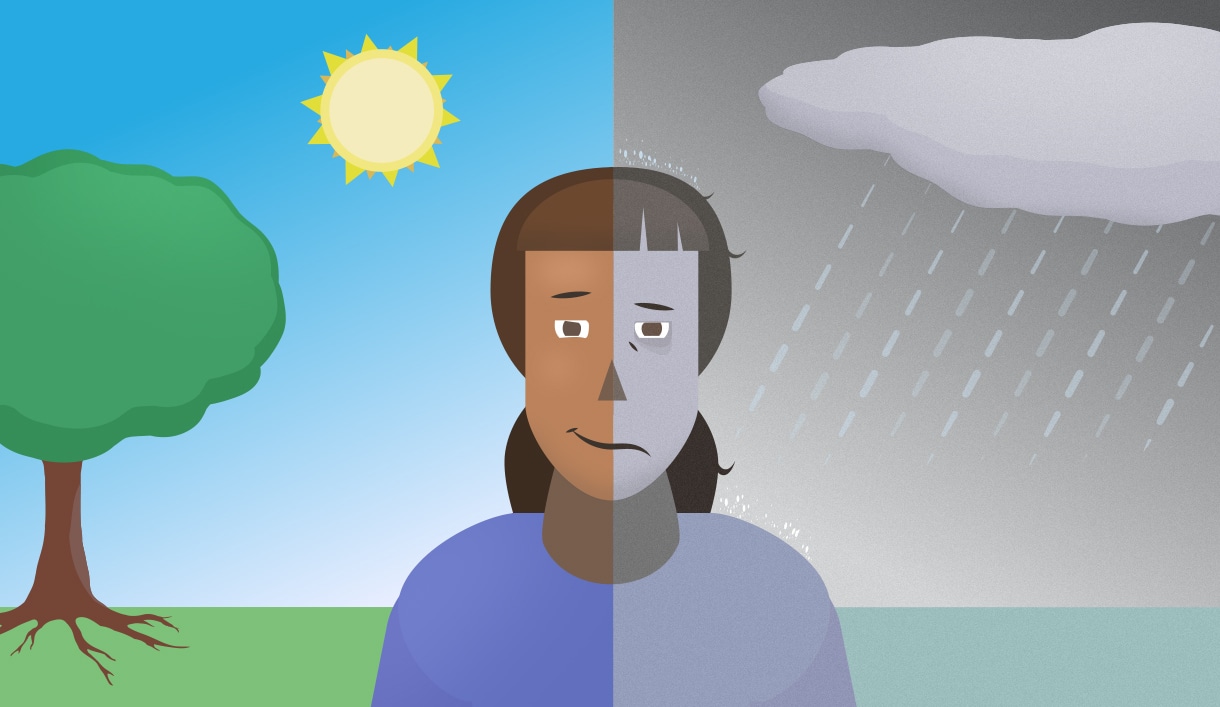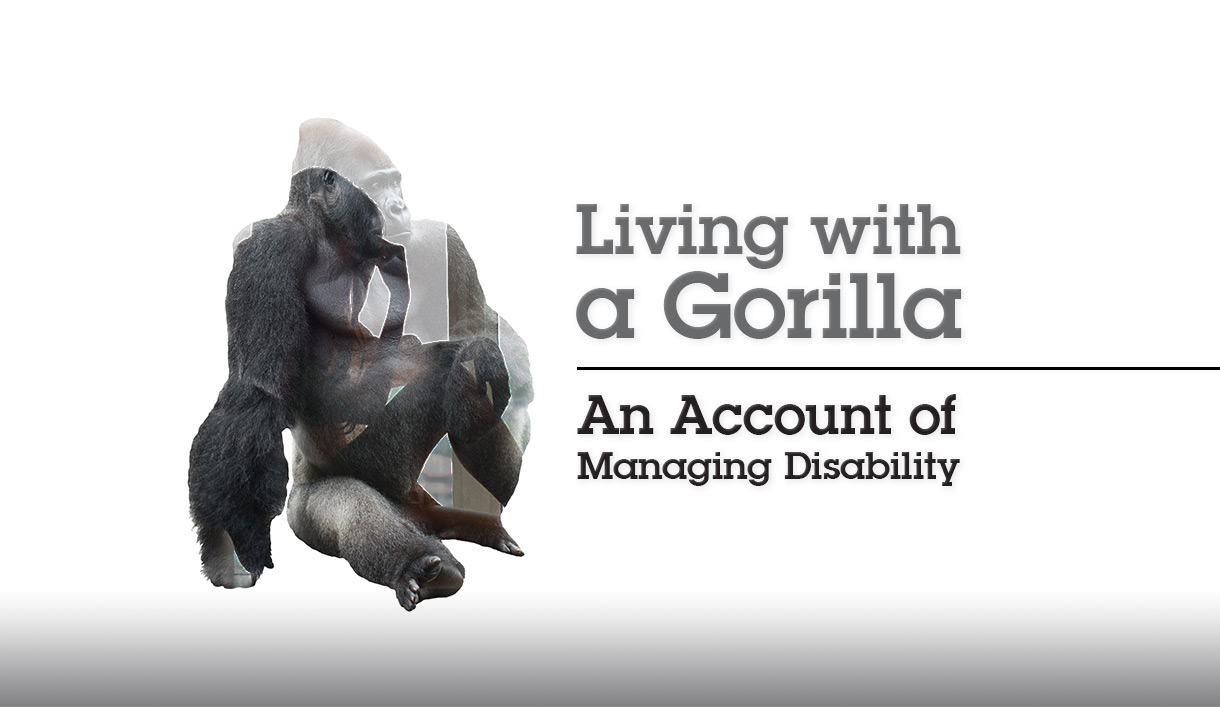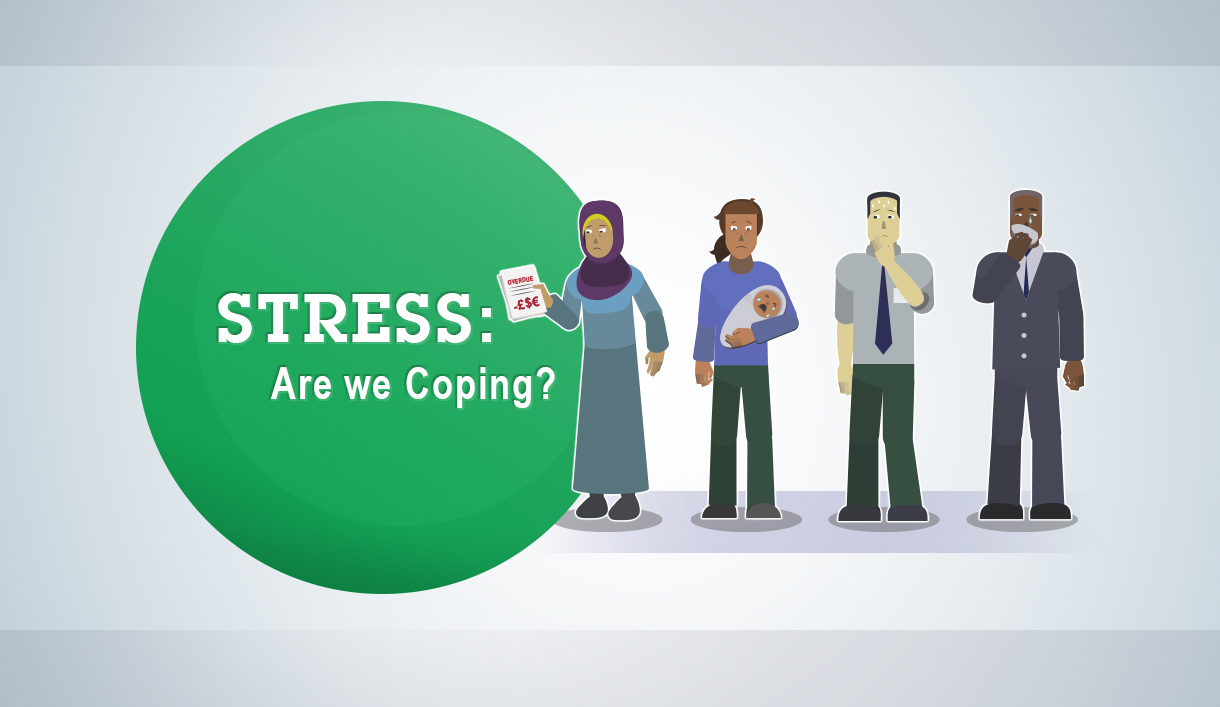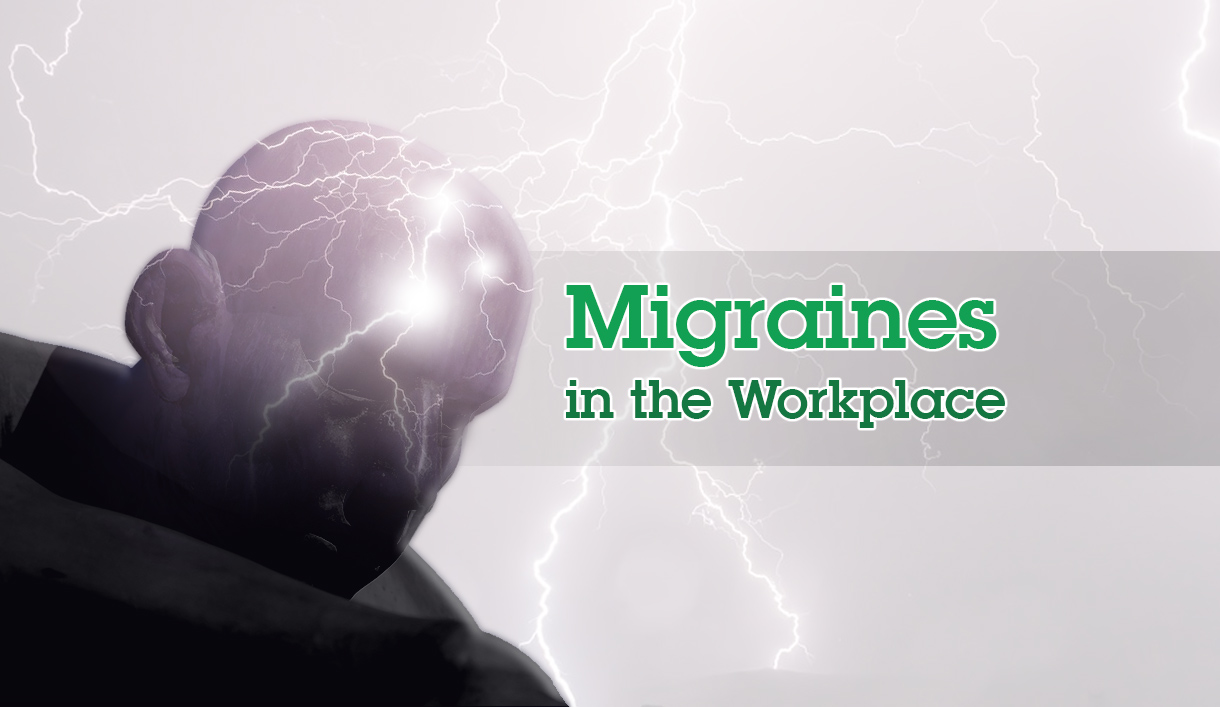World Health Day 2017
Targeting the Global Depression Epidemic
So, it’s World Health Day 2017.
A day which for many, will get a glance before disappearing from our collective consciousness beneath the waves of social media. However, before deciding this particular box is ticked and clicking back, I’d like you to reflect for a moment on the day’s actual purpose and how you could make a small difference as a part of the bigger picture.
Providing a bit of background first; World Health Day commemorates the anniversary of the World Health Organisation’s founding way back in 1948 by the United Nations, today being its 69th anniversary.
The vast amount of the work WHO has carried out over the years shouldn’t need any introduction with aid programmes, vaccinations and studies dedicated to making our world a safer, healthy place to live in.
A sizeable amount of their work is also focused on raising awareness of issues, diseases and commonplace mishaps to get everyday people involved in the efforts to better themselves and promote better health. In line with this, each World Health Day is given a message, placing the spotlight on a key issue which requires worldwide attention.
The focus of the WHO’s campaign this year? Targeting the global Depression epidemic.
The No.1 cause of Disability and Illness
Declaring depression to be the No.1 cause of disability and illness may seem like an exaggerated statement, but this is supported by the WHO’s statistics.
Recent estimates from the organization place the global figure at around 300 million people suffering with depression, a shocking increase of over 18% since 2005.
This deterioration has largely been attributed to there not being enough support available for people suffering from mental disorders, however the issue may run deeper. In many cases, fear of social stigma and feelings of isolation prevent sufferers from accessing the services which are available to help them or even mentioning it to friends, family and colleagues.
Defining Depression
An important part of raising awareness is defining depression of the clinical variety rather than the colloquial kind occasionally used to describe a passing mood or immediate emotional responses.
Actual depression is usually characterised by long-term feelings of severe sadness, despair and inferiority. Often these feelings can persist for weeks or even months and typically provoke a lack of interest in activities which would normally bring enjoyment, increased fatigue, erratic sleeping patterns and general achiness.
Severity will vary from case to case; it may manifest as a persistent mild low but in the worst cases can provoke intense feelings of hopelessness and even suicidal thoughts.
Similarly, triggers are varied and often complex. They may be psychological; stressful events such as the loss of close family, severe illness and financial problems can be a cause, often working in combination to spark depression or with one bad event leading to another.
Biological triggers can also play a part as connections between depression and poor physical health have long been noted.
Seeking and Offering Help
A common factor and catalyst for depression which is often cited as a major problem is the breakdown of relationships. Isolation from friends and family increases the probability of depression developing, enforced by feelings of embarrassment at being unable to cope and the need to tackle personal issues alone.
This is why the tagline for the WHO’s campaign is ‘Depression: let’s talk‘.
As with most of mental wellbeing, talk is a key part of seeking and offering health. While increased investment in related support services is also on the agenda, at the most basic level we can all help by being there to support others and staying vigilant for the symptoms of the disorder.
If someone you know appears to be on a low for an extended period, simply making it clear you’re there to listen and help will be a step in the right direction.
Additionally, alerting them to available services and treatments could be potentially lifesaving; they could seek advice from a doctor, counsellor or mental health charity such as mind.org.uk. Effective treatments meanwhile could be as simple as a series of lifestyle changes, therapy and/or medication.
Regardless, seeking professional help will likely be the first step towards controlling depression and finding a long-term solution to the more problematic symptoms.
In the worst-case scenario, if the person in question is exhibiting potentially suicidal behaviour – such as persistent mentioning of “worthlessness”, open threats to kill themselves or searching for the means to do so – then urgent action will need to be taken.
The worst thing to do is to ignore the problem or give the person in question ‘space’. Simply asking about it may reduce a sufferer’s anxiety and resolve to commit suicide.
Encouraging them to seek professional help and offering to accompany them for support may be their gateway to recovery, while if there is immediate danger of them harming themselves then emergency services should be called without hesitation. Under no circumstances should the solution be to leave them alone at a critical low.
Talk is What Matters
Depression takes many forms and the exact solutions will vary in relation, but talk is what matters.
Support can open a door; possessing a basic awareness of the condition, sensitivity towards sufferers along with a willingness to talk and offer support could make a genuine difference for someone you know, setting them on the road to recovery.
There should be no condemnation towards sufferers and no embarrassment in acknowledging and addressing depression as a personal issue in need of treatment rather than a weakness.
If you’re looking for more information on recognising and coping with depression, be sure to check out the following:
https://www.who.int/mediacentre/factsheets/fs369/en/
https://www.nhs.uk/conditions/depression/Pages/Introduction.aspx
https://mind.org.uk/information-support/types-of-mental-health-problems/depression/#.WOUSl2_ytEY
Owen Roach








Leave a Reply
Want to join the discussion?Feel free to contribute!